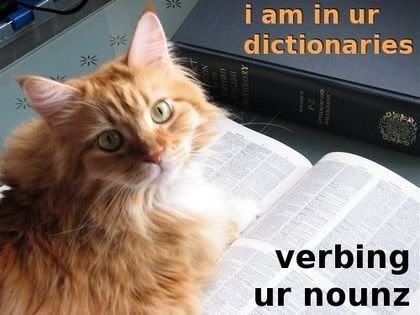1. Read the following theoretical passage on euphemisms:
EUPHEMISMS
A source of synonymy also well worthy of note is the so-called euphemism in which by a shift of meaning a word of more or less ‘pleasant or at least inoffensive connotation becomes synonymous to one that is harsh, obscene, indelicate or otherwise unpleasant. The euphemistic expression merry fully coincides in denotation with the word drunk it substitutes, but the connotations of the latter fade out and so the utterance on the whole is milder, less offensive. The effect is achieved, because the periphrastic expression is not so harsh, sometimes jocular and usually motivated according to some secondary feature of the notion: naked : : in one’s birthday suit] pregnant : : in the family way. Very often a learned word which sounds less familiar is therefore less offensive, as in drunkenness : : intoxication; sweat : : perspiration.



